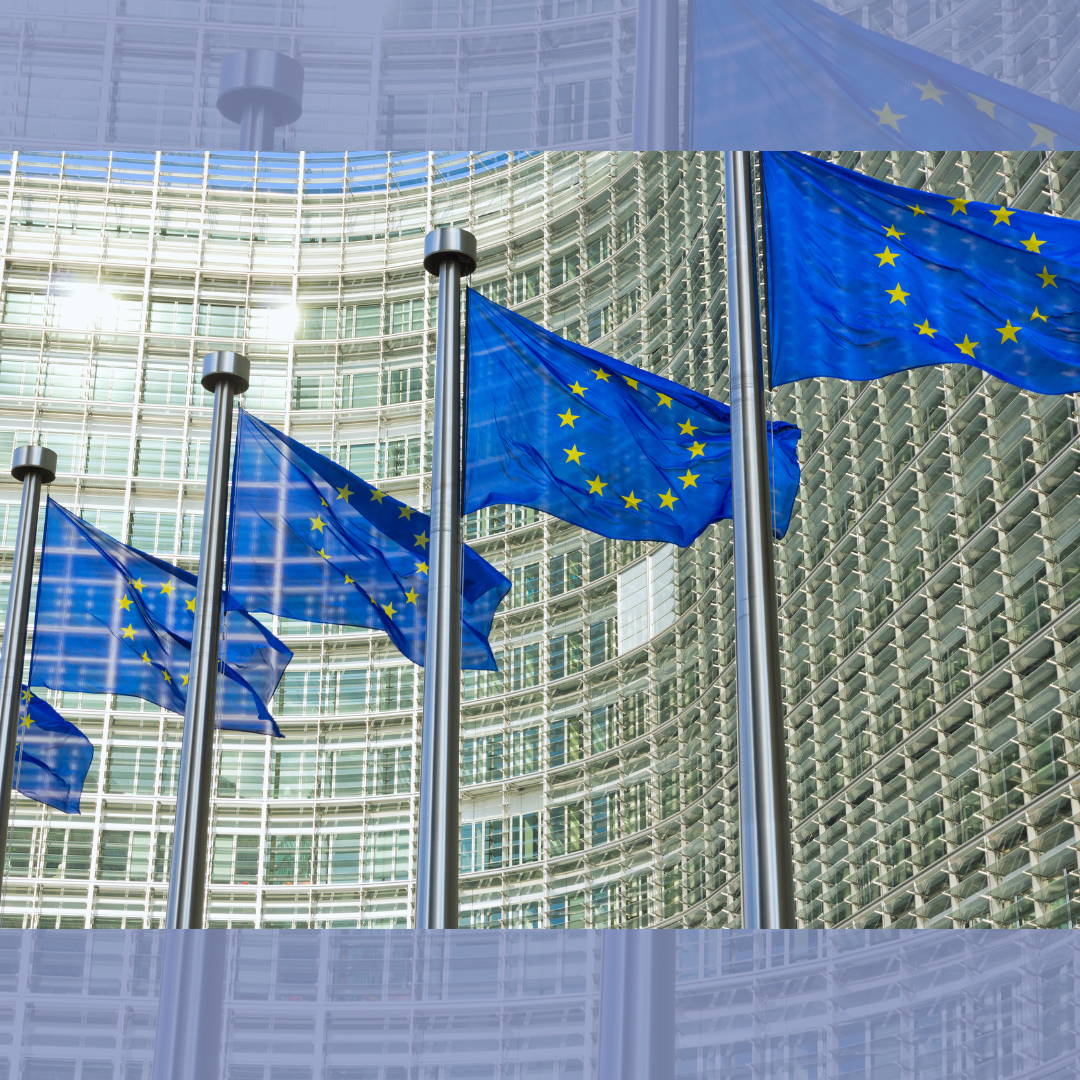Alfredo De Feo
On 20 November 2024, the political groups in the European Parliament concluded a political agreement which, with reasonable certainty, will allow the new European Commission to take office, as last term, on 1 December. This vote puts an end to many months in which the European institutions’ attitudes has looked more inward than geopolitical. The election of Trump to the Presidency of the United States has given an acceleration to processes that in the past have been more complex.
For many observers, the behaviour of the leaders of the parliamentary groups appeared to be immature, dictated by concerns that are difficult to understand in the face of global urgencies and challenges, challenges that can only be faced with great unity.
The contrasts between the political groups, beyond identity and national positions, concealed a basic malaise: accepting the shift of the majority from the Europeanism we have known in decades to positions of a Europeanism, marked by a more invasive presence of the States, This new tendency is probably more in tune with the sentiments of a part of public opinion, which translated into the result in the European elections.
Ursula von der Leyen, immediately grasped this change, proposing to involve the conservative group, or at least part of the group, in the top positions of the Commission, being aware that in the next five years it will not always be able to count on the majority of the People’s Party, Socialists, Liberals and probably Greens but that, probably, she will also need the support of the more moderate right European conservatives. In addition, the appointment of a Vice-President of the Commission issue of the Conservatives should guarantee a more stable majority in the Council, where Italy’s weight is not indifferent. In fact, in the bicameral European architecture, the Commission, for any legislative act, will have to find the support not only of the parliamentary majority but also that of the Member States. The attitude of the President of the Commission denotes lucidity and political realism.
The European Parliament has largely demonstrated in recent years its central role in the institutional balance, it will be able to continue to be central provided that it maintains the ability to compromise even in the face of a Council, whose majority of States probably have a more national vision of Europe.
On the other hand, if we look at the last twenty years, the European decision-making process has become progressively more intergovernmental, reducing the influence of the Commission. The Commission that will have to accompany Europe towards 2030 will certainly be influenced by governments, many of the Commissioners are direct expressions of national governments and it is likely that these will condition the Commission’s choices more than in the past.
However, recent years have shown that the process of European integration can also continue through the intergovernmental method, with decisions taken unanimously, as for instance the Recovery and Resilience Plan financed with the guarantee of the national budgets. Although this type of funding is unlikely to be replicated in the short term, Member States may follow the same method to progress in the European integration. The concrete proof appeared at the informal European Council on 8 November 2024, where the Heads of State and Government invited the Commission to present a horizontal strategy on the deepening of the single market, towards a union of savings and investment and to make urgent progress on the capital markets union.
In addition, States ask to the High Representative and the Commission to present proposals to increase the efficiency of the European defence capability, in particular by appropriately strengthening the defence technological and industrial base.
To conclude, the new Commission will have to strengthen European credibility with proposals that can garner the consensus of all the States if possible, without forgetting that the Treaties provide that some projects can be shared only by a group of States, through the enhanced cooperation as for the Euro, or the Schengen Treaty, , obviously leaving the doors open to others to participate.
Pubblicato sulla Gazzetta di Parma 23/11/2024


